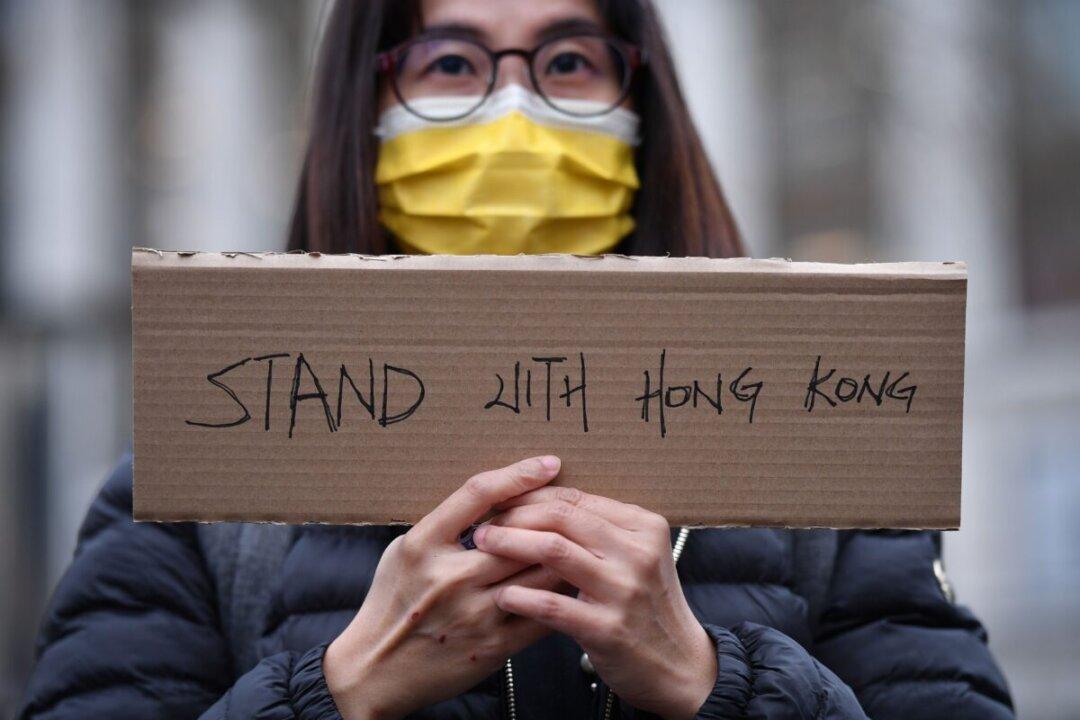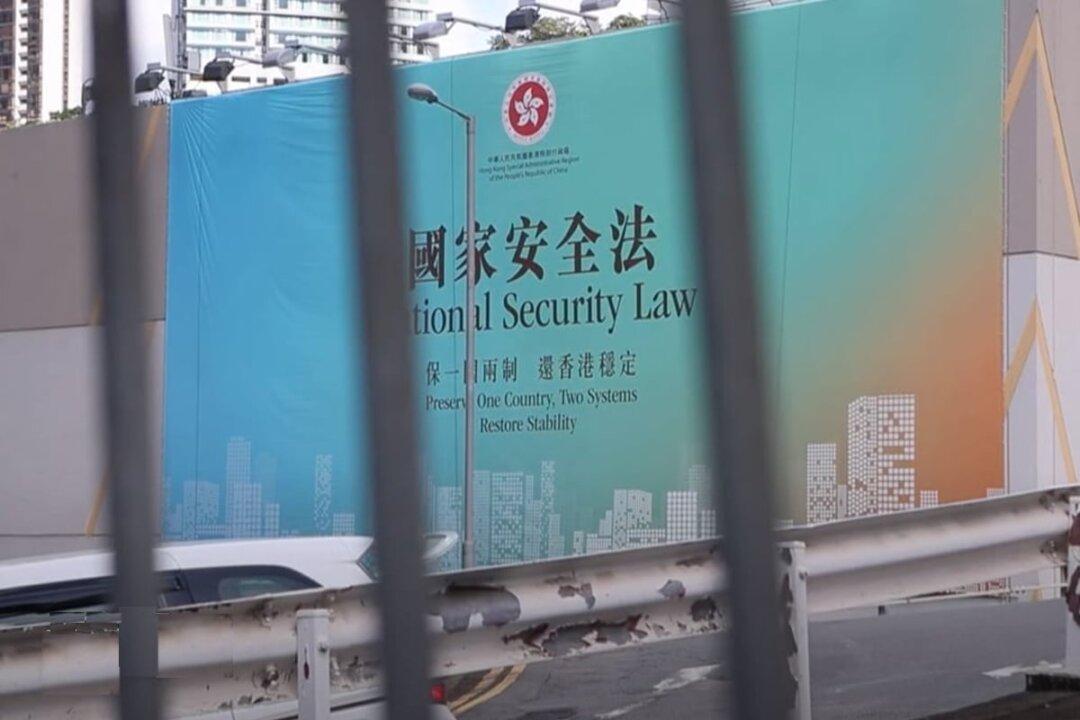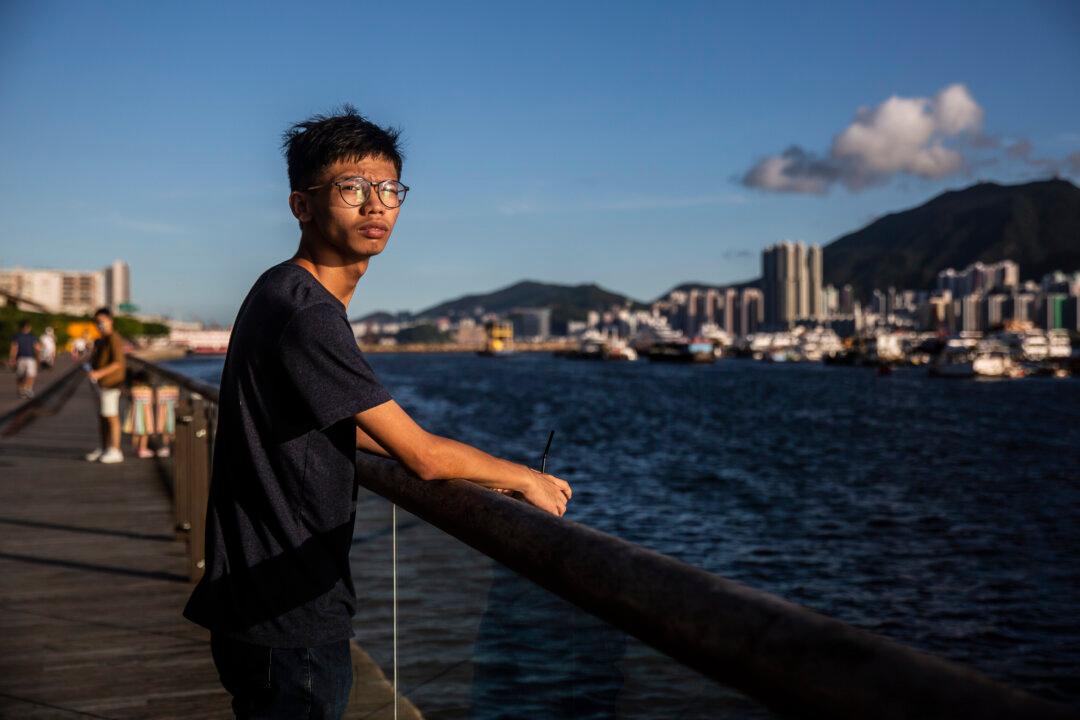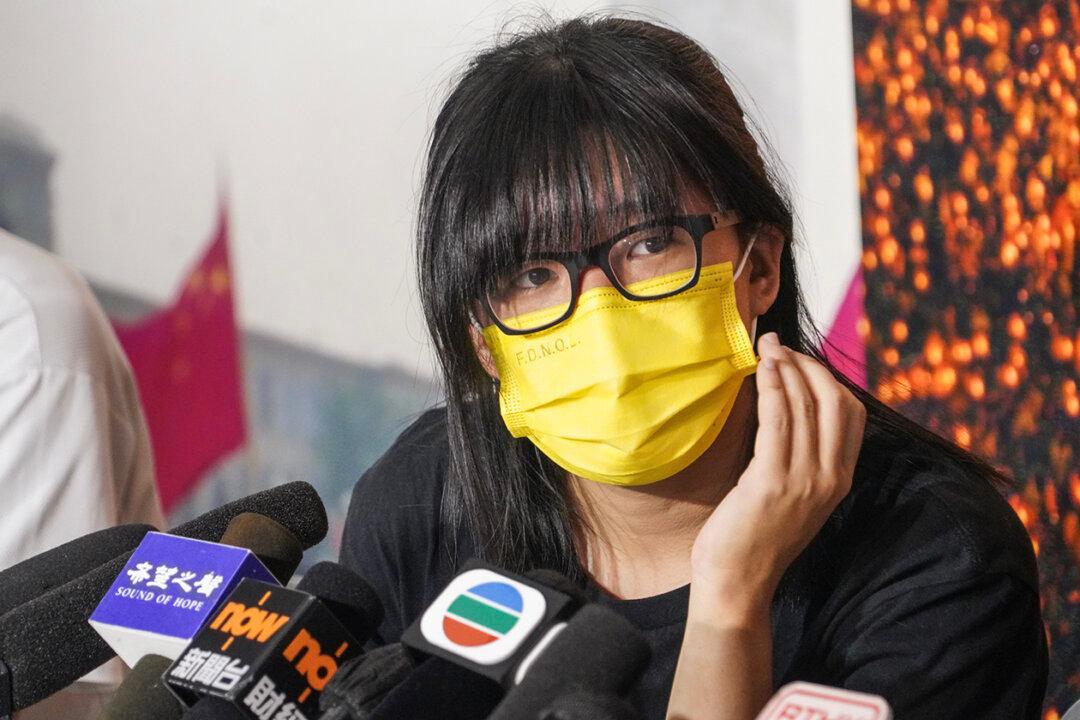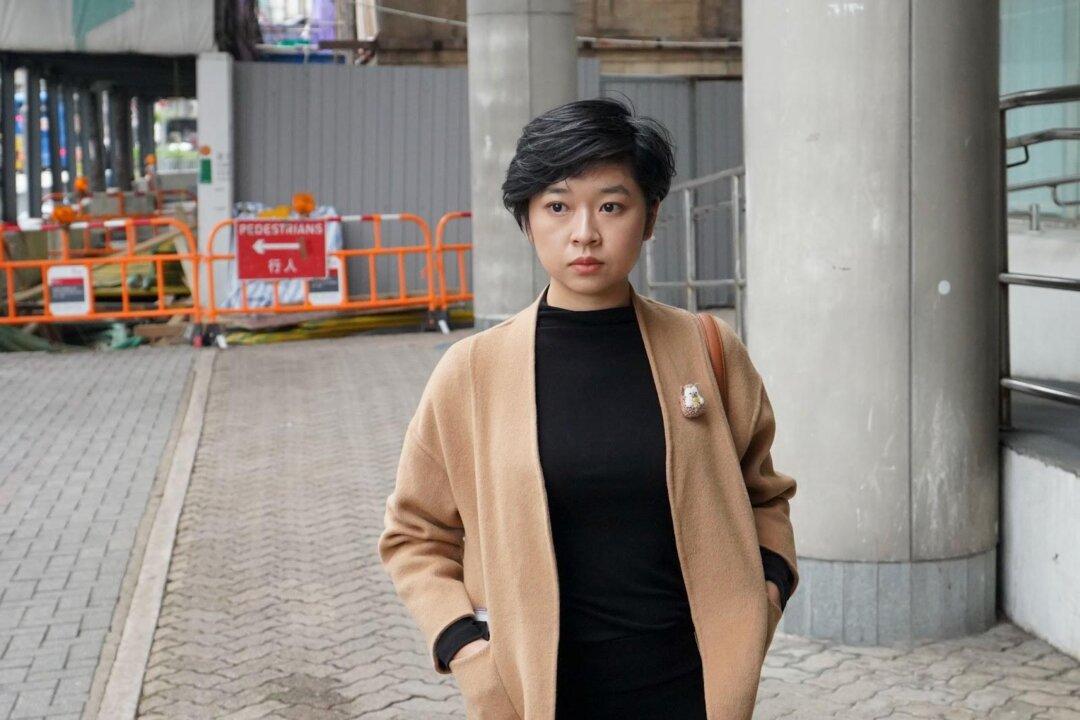A National Security Law Research Report was released in Taiwan on June 30, a day before the anniversary of Hong Kong’s handover to China. The report was conducted by an anonymous Hong Kong research team. Three review mechanisms were used as an analytical framework to study five areas in Hong Kong which have been impacted upon.
The team also hopes to improve existing awareness and support mechanisms which are already present in Hong Kong’s civil society. And while it initially foresees a decline in the ability for Hongkongers to access their local online and offline platforms, the team has plans to develop an internationally-based support platform. This long-term aspiration will hopefully enable Hongkongers and those who care about Hong Kong to freely discuss all areas of activity.
